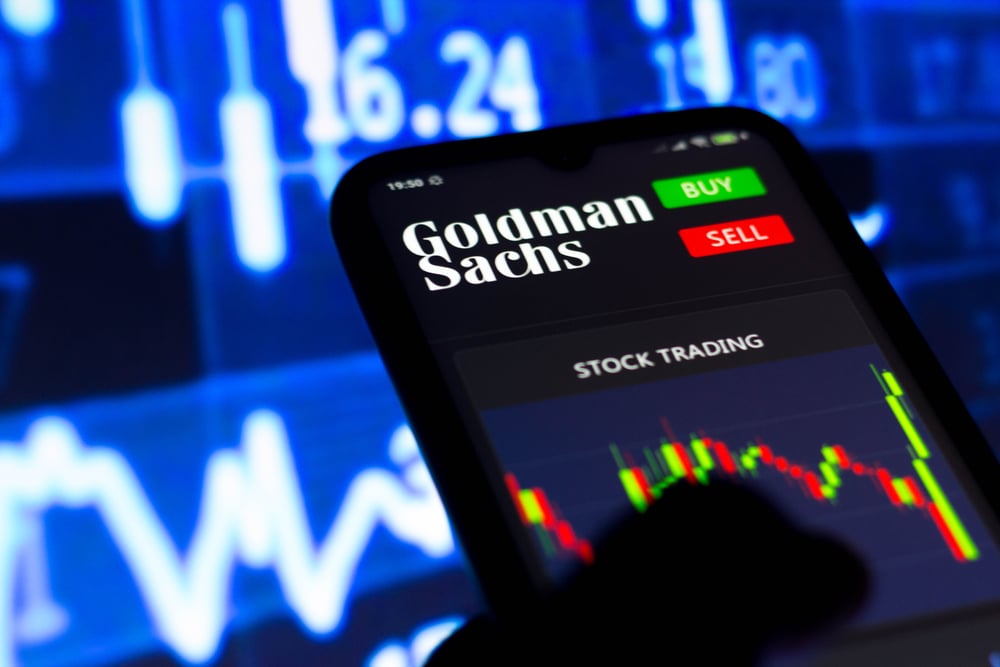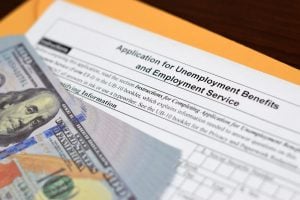President-elect Donald Trump’s proposed protectionist policies, particularly his pledge to impose steep tariffs on imported goods, are casting a shadow over Europe’s economic outlook. Investment bank Goldman Sachs has revised down its growth forecasts for the euro area following Trump’s re-election, signaling potential turmoil in global trade relations.
Predicted Impact on European Growth
Goldman Sachs now projects the collective gross domestic product (GDP) of the 20 euro-using nations will grow by just 0.8% next year, a decrease from the previous forecast of 1.1%. This shift comes as analysts anticipate heightened trade policy uncertainty and Trump’s commitment to imposing tariffs that could stoke economic tensions with Europe.
“Much of the growth drag would come from higher trade policy uncertainty,” analysts noted, emphasizing that the mere threat of tariffs may weigh heavily on business confidence and investment more than their actual implementation.
Germany’s Economic Vulnerability
Germany, the economic engine of Europe, is seen as particularly exposed due to its reliance on auto exports — a primary target in Trump’s potential tariff strategy. With the U.S. as Germany’s largest export market, any tariff increases would deliver a significant blow.
Goldman Sachs has revised Germany’s 2025 GDP growth projection to 0.5%, down from 0.9%, reflecting the country’s exposure to trade disruption. This outlook further compounds Germany’s existing economic struggles, which include industrial challenges and weakening output. Volkswagen (VW), Germany’s largest automaker, saw its stock tumble in response to Trump’s victory, though some recovery was observed by Thursday.
UK and Broader European Impact
The potential ripple effects extend beyond Germany. Goldman Sachs has also adjusted its UK growth forecast, lowering it to 1.4% from 1.6% in 2025. Meanwhile, Berenberg Bank offered a slightly more optimistic revision for the euro area, reducing its GDP growth estimate by 0.1 percentage points to 1%, noting that increased U.S. domestic demand and a stronger dollar could partially counterbalance the negative impacts of tariffs.
Strategic and Geopolitical Uncertainty
Holger Schmieding, Berenberg’s chief economist, highlighted that Trump’s renewed presidency brings “considerable trade policy risks and geopolitical uncertainty” for European businesses. Schmieding expects that while Trump may begin with “selective but headline-grabbing tariffs,” he could escalate measures if Europe and China don’t yield concessions during negotiations.
Trump’s approach challenges the principles of open trade that have fostered global economic expansion and benefited the European Union, one of the largest trading blocs. The outlook remains uncertain as European nations brace for potential economic headwinds, balancing caution with hopes for limited tariff measures and strategic negotiations.




















